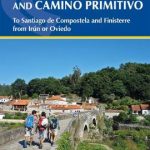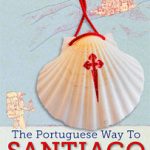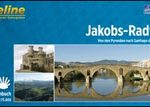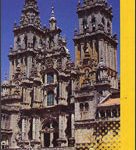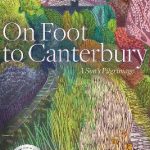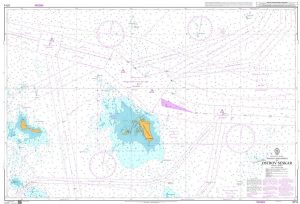Disclosure : This site contains affiliate links to products. We may receive a commission for purchases made through these links.
The Santiago Pilgrimage: Walking the Immortal Way
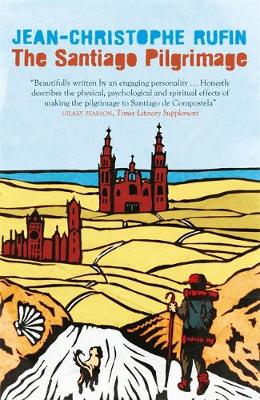
“Whenever I was asked: `Why did you go to Santiago?`, I had a hard time answering. How could I explain to those who had not done it that the way has the effect – if not the virtue – to make you forget all reasons that led you to become involved in it in the first place.” Each year, tens of thousands of backpackers (Christian pilgrims and many others) set out from either their front doorstep or from popular starting points across Europe, to Santiago de Compostela. Most travel by foot, others ride a bicycle, and a few of them travel as did some of their medieval counterparts, on horseback or with a donkey. In addition to those who undertake a religious pilgrimage, the majority are hikers who walk the way for non-religious reasons: travel, sport, or simply the challenge of spending weeks walking in a foreign land. Also, many consider the experience as a spiritual adventure, with a view to removing themselves from the bustle of modern life. Jean-Christophe Rufin followed this “Northern Way” to Santiago de Compostela by foot, on over eight hundred kilometers.Much less crowded than the usual pilgrimage route, this one runs along the Basque and Cantabrian coasts in Spain and through the wild mountains of Asturias and Galicia. Translated from the French by Malcolm Imrie and Martina Dervis

















